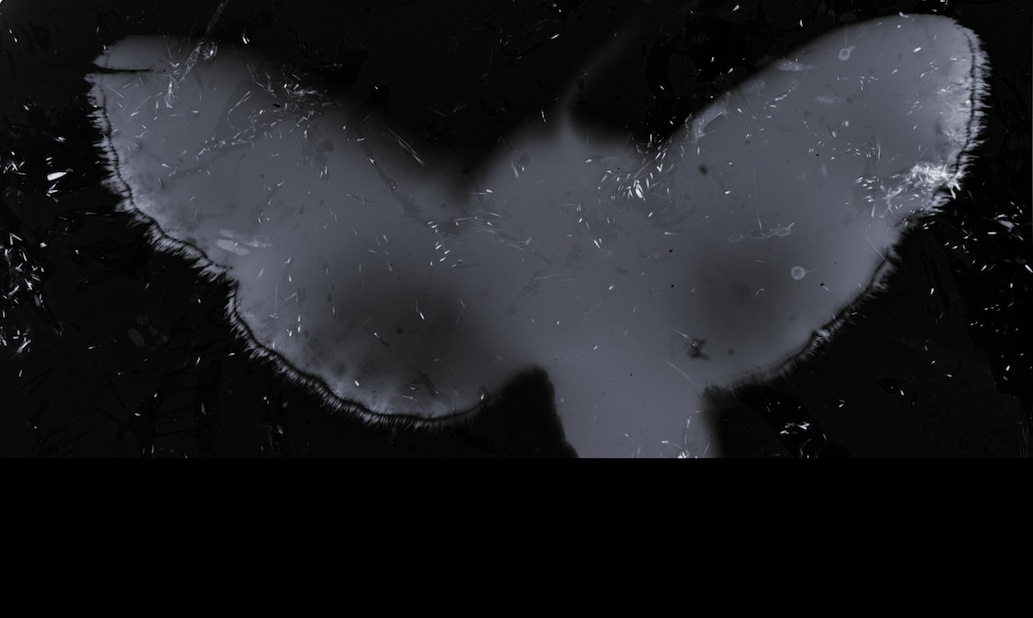Environmental Paradigm Shifts: Unnatural Disasters and Ethical Solutions
DOI:
https://doi.org/10.60162/swamphen.3.10613Keywords:
Ecocriticism, cultural ecology, environmental literary criticism, apocalyptic writing, utopia, dystopia, ecotopia, environmental justiceAbstract
This essay discusses the significance of Atwood’s two cautionary speculative fiction novels Oryx and Crake (2003), and The Year of the Flood (2009), within the framework of eco-politically engaged apocalyptic writing. Underlining the relevance of the comic perspective to ecological concerns, this paper proposes a new interpretation of the novels that will relate the comic mode to their apocalyptic content. This essay argues that the discourse of comic apocalypse has potential to address environmental issues directly and efficiently, insofar as it helps to build a cognitive bridge between imagining the future in the form of an imminent—and yet, presumably, improbable—catastrophe, and experiencing the present with a sense of ethical responsibility towards the world, in such a way as to prevent the catastrophe.
Downloads
Published
Issue
Section
License
Authors who publish with this journal agree to the following terms:- Authors retain copyright and grant the journal right of first publication with the work simultaneously licensed under a Creative Commons Attribution License that allows others to share the work with an acknowledgement of the work's authorship and initial publication in this journal.
- Authors are able to enter into separate, additional contractual arrangements for the non-exclusive distribution of the journal's published version of the work (e.g., post it to an institutional repository or publish it in a book), with an acknowledgement of its initial publication in this journal.
- Authors are permitted and encouraged to post their work online (e.g., in institutional repositories or on their website) prior to and during the submission process, as it can lead to productive exchanges, as well as earlier and greater citation of published work (See The Effect of Open Access).

